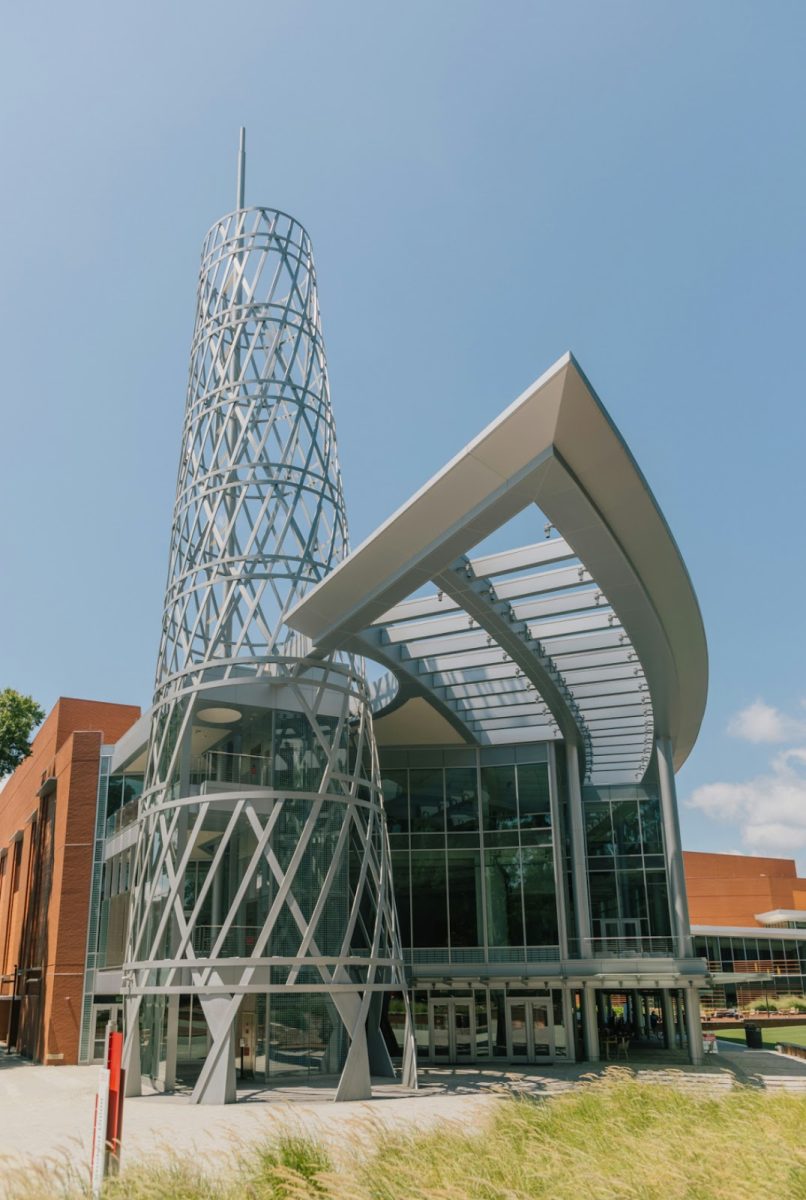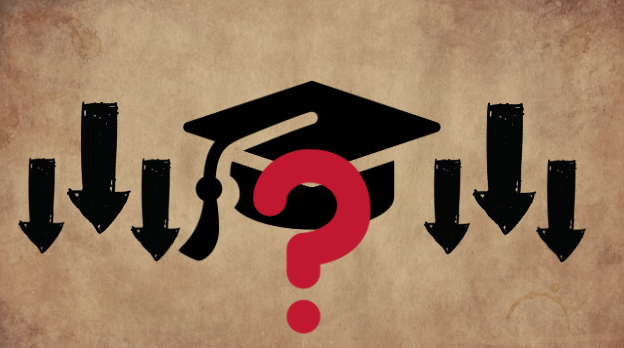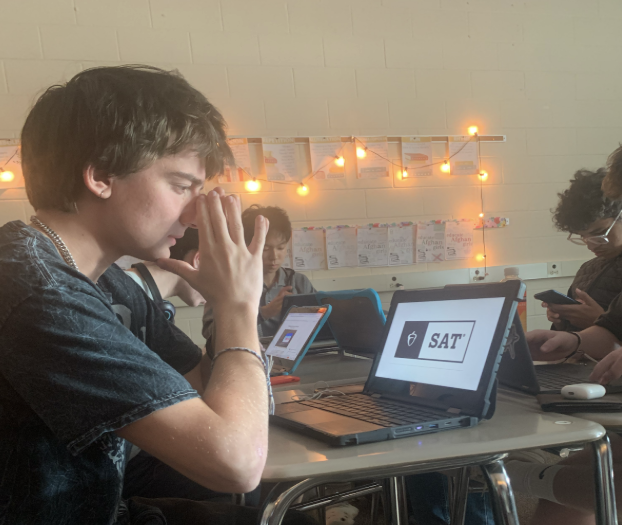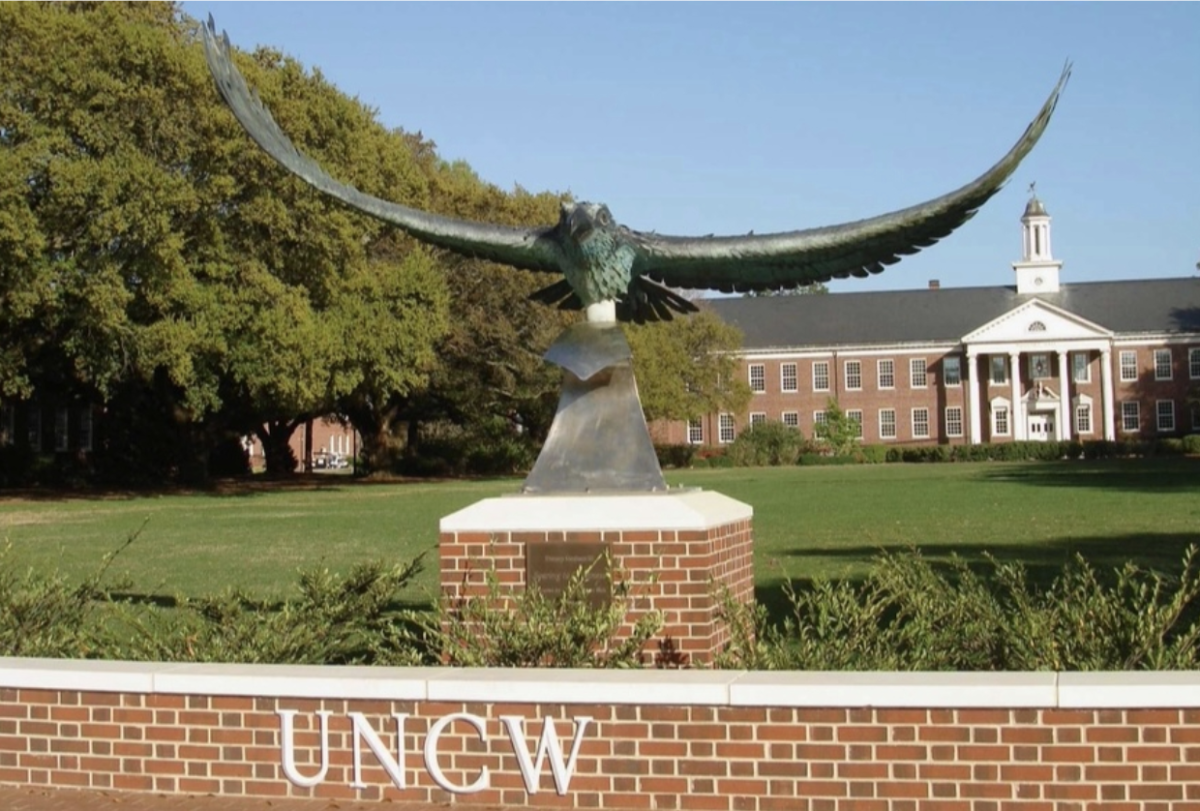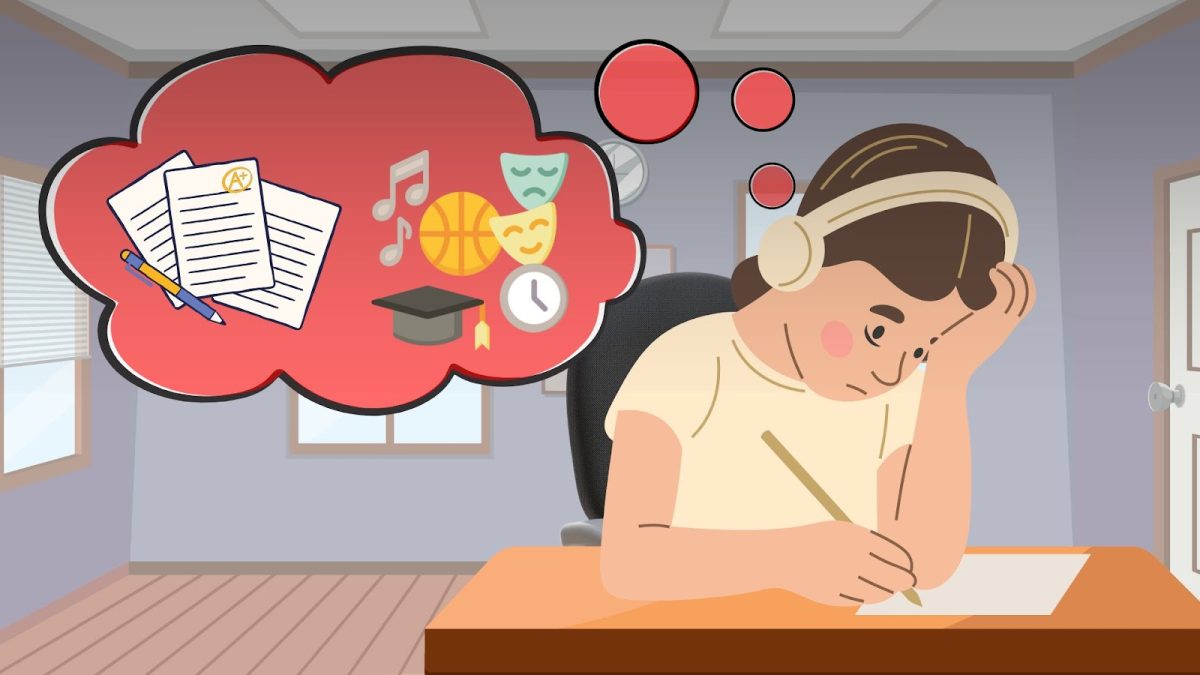The average private school charges $15,000 in tuition for one year of education. Some families don’t even produce that household income in a year. Unlike private schools, public schools usually do not charge for educational opportunities– until now. Some schools are pushing to begin billing families for certain exams, which begs the question of whether or not individual students should have to pay for AP tests.
At Green Hope High School alone, there are over 2,300 students in Green Hope, 76% of which take at least one AP exam per year (approximately 1748 students). Each exam costs $99, costing the county upwards of $173,000 for just one year of AP exams at one school. It may seem as though covering AP exam costs is not the best use of such a large chunk of money, however, this is not the case.
Green Hope student Danielle Sanchez (‘26) shared her thoughts on AP exam fees in a quick conversation with the GH Falcon. A senior this year, Sanchez has taken six APs and has become very familiar with the College Board exam process. She pointed out the importance of AP scores and courses in consideration of college admissions, adding that, “If a student isn’t able to take an AP class because of financial reasons, that might affect their ability to get into the college that they want to get into.” Danielle expressed her support for state-funded AP exams by acknowledging the importance of AP courses in terms of college readiness. “I think having to pay almost $100 for every AP exam would really limit the amount of students in AP classes and I think AP classes are beneficial even if students don’t perform well because it teaches them what a college level class will be like.”
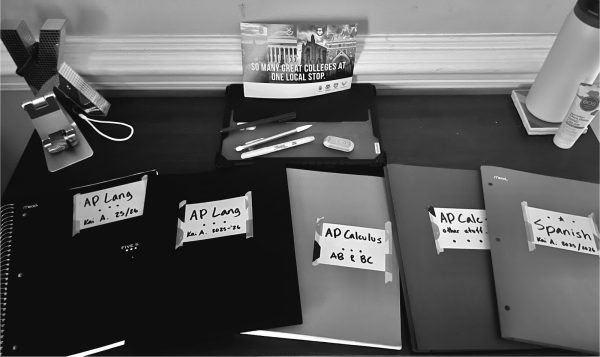
Advanced Placement (AP) classes offer an opportunity for high school students to experience courses with college-level rigor, workloads and of course, a potential boost to their GPA. To take a College Board AP exam in an American high school, the charge is $99 per exam. Wake County and many other districts portion out part of its budget in order to cover payments for all students’ AP exams. This is a privilege for AP students, as many districts across the state and country don’t budget the same way, making families pay for their students’ exams.
At Green Hope and other schools that accept state AP funding, students of all socioeconomic statuses are able to take college-level classes at no charge. If Wake County were to take AP exam fees out of the budget, students with high aspirations would have to use hundreds of dollars from their household income to fund AP courses or opt out of taking the exam, meaning they would not be eligible to receive college credit.
Catie Cohen, a former North Carolina educator, sat down with the GH Falcon to share her perspective on AP exam funding. Cohen shared her belief that AP exam funding should not come from students themselves; however, costs should be handled by the state legislature so as not to burden local budgets. “A state-level investment communicates an investment in all NC students equally and helps ensure that even low-income districts can fund multiple opportunities for students without picking and choosing what they can afford.”
A previous employee of Currituck County School District, Mrs. Cohen emphasized the importance of AP credit in easing the cost of college courses, as well as how beneficial of an experience AP classes are for high school students. “Students of mine from years past who took on the rigor of AP courses spoke often of how enriching the experience was…the exam helps reduce the burden of college attendance.” She finished her thoughts by noting the fact that exam fees can become a barrier for low-income students– especially in rural areas– and leaving fees to families raises a risk for lower participation in AP courses due to economic situations.
College Board writer Ezequiel Jimenez wrote about his experience taking APs as a low-income student. “The opportunities I gained from these classes paid dividends: helping me earn college credit and preparing me to be successful in college-level coursework…As a mission-driven organization, College Board believes that a student’s income should not determine whether they are able to obtain college credit.” College Board is working with state governments to provide funding to as many schools as possible in order to keep AP credits from being affected by class barriers.
With GPAs becoming so inflated due to many competitive high schools across the country, the pressure is on for students to be taking multiple college-level classes, volunteering and stretching themselves thin to apply to schools. Having AP exams available to students free of cost allows high schoolers equal opportunities to gain college credit or just college course experience that will be beneficial in the college admissions process.
Although AP exams use up a lot of funds, it is important to keep them available to all high school students so that any student can aspire for higher education. By simply accepting funds and reallocating budgets, state governments can keep families from paying out of pocket for exams and keep AP classes from being determined by economic status.









